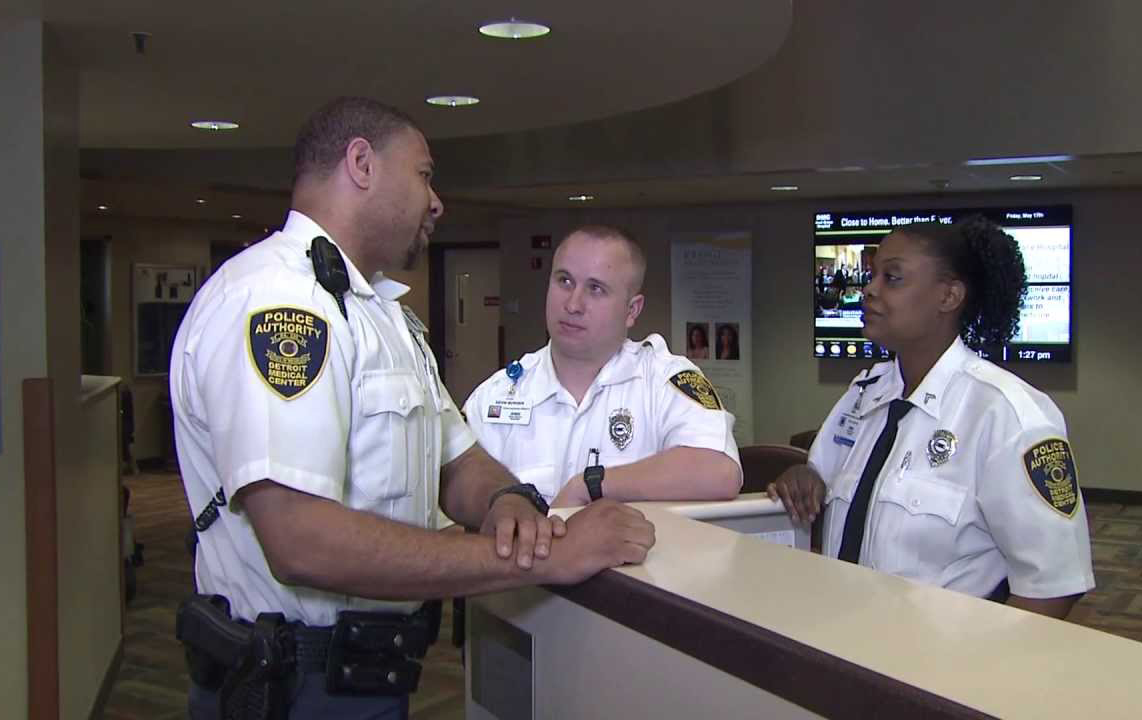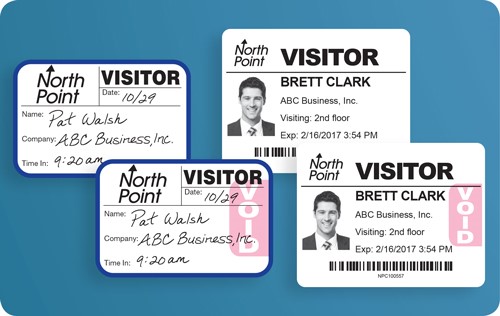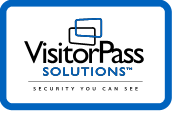Blog
4 healthcare security tips that will help mitigate violence
by Paul Kazlauskas

A hospital can be an emotionally charged place. Most times, patients are not happy to be there. Their family may disagree with the patient’s care, causing tension. This tension can lead to aggression. The violence in hospitals today is staggering.
Healthcare workers are hit, scratched, bit, threatened, and harassed with unfortunate regularity. According to a 2014 survey, almost 80% of nurses reported being attacked on the job within the past year. Healthcare workers experience the most nonfatal workplace violence compared to other professions by a wide margin, with attacks on them accounting for almost 70 percent of all nonfatal workplace assaults causing days away from work in the U.S., according to data from the Bureau of Labor Statistics. Hospitals need to be vigilant about security as a way to protect their employees. Here are some important ideas for hospitals to address security protocol and figure out the correct amount of security to have, based on their situation.
1) Conduct a security assessment. The best way to proceed is to hire a certified healthcare security professional to conduct a risk assessment. Ask for references before hiring one. Talk to colleagues about who they’ve used. Security can’t be a one-size-fits-all application, which is why it’s important to take into account such variables as the type of hospital and the facility’s design. A hospital that’s primary function is to treat cancer patients will have different security needs than a facility that only treats mental illness. A certified healthcare security professional will measure and consider all variables during an assessment.
2) Consider the most high-risk areas first. The certified healthcare security professional conducting the assessment knows how to apply good design principles to create a safe environment. Some areas of your hospital are more high-risk than others. An emergency room setting is very high risk for violence because of the urgency of many patient injuries and the ability of a healthcare facility to react and treat quickly. That is why the emergency room requires more security attention than some other areas in a facility.
3) Establish crystal-clear procedures for responding to incidents. Your healthcare facility has to be armed with how to respond to any number of events. Depending on the severity of event, the correct security protocol must be ready. For example, a patient that purposely disconnects their IV over and over will require a different security response than a hospital visitor who chokes a nurse. Various security alerts need to be established. A multitude of situations need to be planned for. In addition, your medical and security staffs need training on procedures, with safety drills occurring frequently, to make sure the procedure is engrained in their minds. During an emergency event, protocol needs to be second nature because the possible stress of an unfortunate event can make a person act irrationally.
4) Determine what kind of overall security environment is needed. Based on the security assessment, it may be determined that unarmed guards are what is needed in your facility. This is the most common option across the US. The security guards still need to be equipped with such tools as pepper spray, 2-way radios, and batons. However, if there is a lot of violent crime in your surrounding area, you may decide to arm your guards with more lethal weapons. This is a difficult decision to make and an outside certified healthcare security professional will help you to understand the risks associated with that decision.
Violence in hospitals is an epidemic. No healthcare worker should be assaulted while trying to perform their job. It is critical for your security department to conduct an outside security assessment with a certified healthcare security professional. With the help of an outside expert, your hospital security department can determine the correct procedures and train all staff on how to react, no matter the situation.
Want the latest, best security practices delivered straight to your inbox? Enter your email address in the "Subscribe" area (on the left side navigation).
Our visitor badges “VOID” overnight to prevent reuse. 
See them for yourself — request free samples!
Follow us on Social Media for more security content.![]()
![]()
![]()
Posted on 11/18/2015



 Paul Kazlauskas
Paul Kazlauskas
 Andrew Jones
Andrew Jones